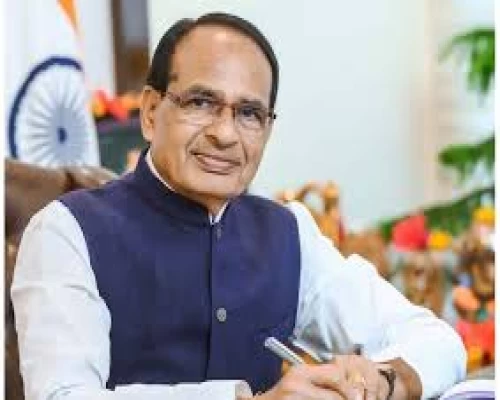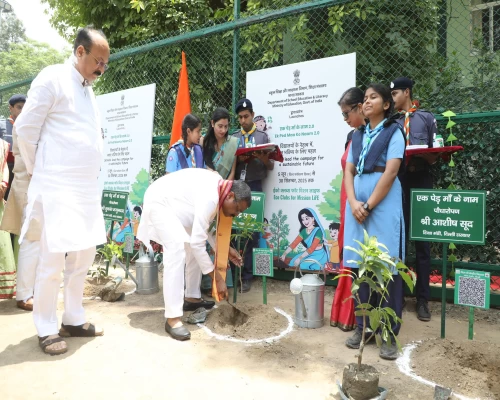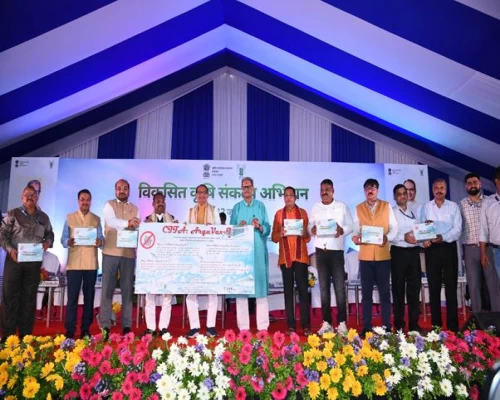
New Delhi: In a historic move, the Women's Reservation Bill, aiming to allocate 33% of seats in the Lok Sabha and state assemblies for women, was introduced in the Lok Sabha on Tuesday during the ongoing special parliamentary session. Prime Minister Narendra Modi hailed September 19 as a "historic day" and urged unanimous support from the Opposition for the 'Nari Shakti Vandan Adhiniyam' Bill, which has been pending for nearly three decades.
The Prime Minister emphasized the importance of this decision, stating, "On this historic occasion in the new Parliament building, as the first proceeding of the House, the beginning of all the Parliamentarians opening gateways for women power is being done with this crucial decision."
PM Modi further announced the introduction of an "important constitutional amendment Bill" in line with their commitment to women-led development. He asserted that the 'Nari Shakti Vandan Adhiniyam' would enhance India's democracy.
The Bill, once approved, is expected to substantially increase the representation of women in the Lok Sabha, raising the number of women MPs from the current 82 to 181, according to Law Minister Arjun Ram Meghwal.
Women constitute nearly half of India's 950 million registered voters but presently occupy only 15 percent of parliamentary seats and around 10 percent of state legislative seats.
The Women's Reservation Bill has a long history, with its initial introduction in the Lok Sabha in 1996. Despite multiple attempts over the years, the bill faced challenges in garnering sufficient support and lapsed on several occasions. In 2010, it was passed in the Rajya Sabha but never considered in the Lok Sabha before the dissolution of the 15th Lok Sabha in 2014.
The Bill aims to introduce three new articles and one new clause in the Constitution, including the reservation of seats for women in the Delhi Legislative Assembly, Lok Sabha, and state Legislative Assemblies, with provisions for SCs and STs. Rotation of seats for women will be implemented following delimitation exercises after the publication of relevant census data.
The introduction of the Women's Reservation Bill marks a significant step toward achieving greater gender equality in Indian politics, a cause that has been championed by various governments over the years.
/BI













